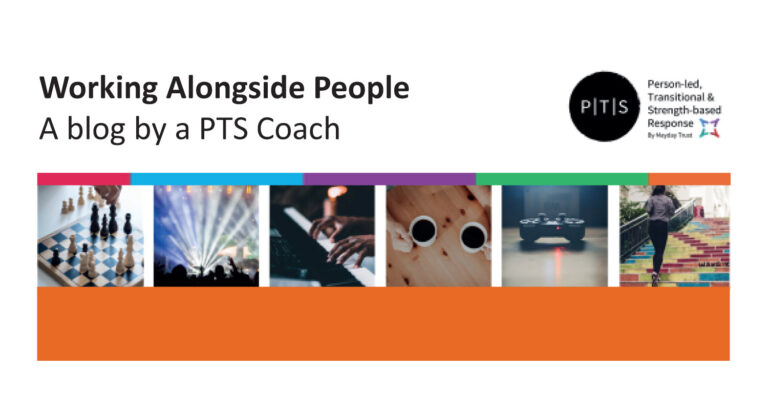Working alongside people
What does it mean to be a ‘professional’?
Regardless of whether our working background comes with a certificate from University or personal anecdotes of going through tough times, we become attributed with the unwritten title ‘professional’. The system not only labels us as the ‘professional’, it labels people we work with, they are assigned with their own titles, ones which suggest a demise in their competency to overcome the difficulties they face: ‘complex needs’, ‘high risk’, ‘offender’, ‘drug user’, ‘alcohol dependant’, “homeless” etc. These deficit labels create a sense of order within systemic processes and translate to tick boxes on paper for the ‘professionals’ to assign the person to service X depending on how they are labelled. Labels bring about wider stigma, a social definition becomes formed, and it sticks. People are seen and treated on the basis of them being those who are less fortunate, less capable, less trust-worthy. Less equal.
So, there is a lot more to a title than a word. The process of labelling often starts when someone reaches out for support. The more someone becomes embroiled in the web of services, more labels are assigned. Over time, a sense of disconnect forms between their situation the rest of their identity: the situation becomes the focus of intervention, rather than the whole person.
Who is going to fill the gap between a support need and the rest of the person?… A professional. A professional in ‘drugs and alcohol’ will be assigned the task of fixing the problem of drinking and using. A professional in probation to take on the task of managing offending, and so on. So, the end process becomes a prescriptive solution for a list of ‘support needs’ by assigning a professional to fix a problem.
At The Brick we are a team of people, working professionally alongside people. We recognise many professions among us because of our diverse backgrounds: teaching, marketing, social policy, social care, banking/finance, armed forces, prison/probation, the list goes on. Regardless, we do not become the ‘professional’ of someone’s situation, choices or life.
We work alongside people in a way that restores the balance of power. The person decides what changes to make, when and why. We ensure that as the ‘professional’ we listen to what people tell us and together recognise the barriers people face within the systems that are intended to support them. We utilise our title as ‘professional’ to change the system, not the person.
People are the professional when it comes to themselves and their situation. We have learned that when we walk alongside people, listening, empowering and exploring the whole person, that sustainable change happens. Ultimately the change is truly valued by the individual because they have led the process of getting there. We have learned that without focusing on deficits, labels and trying to ‘fix’, we can work much more successfully, facilitating instead and walking alongside people while they make their own transition.

